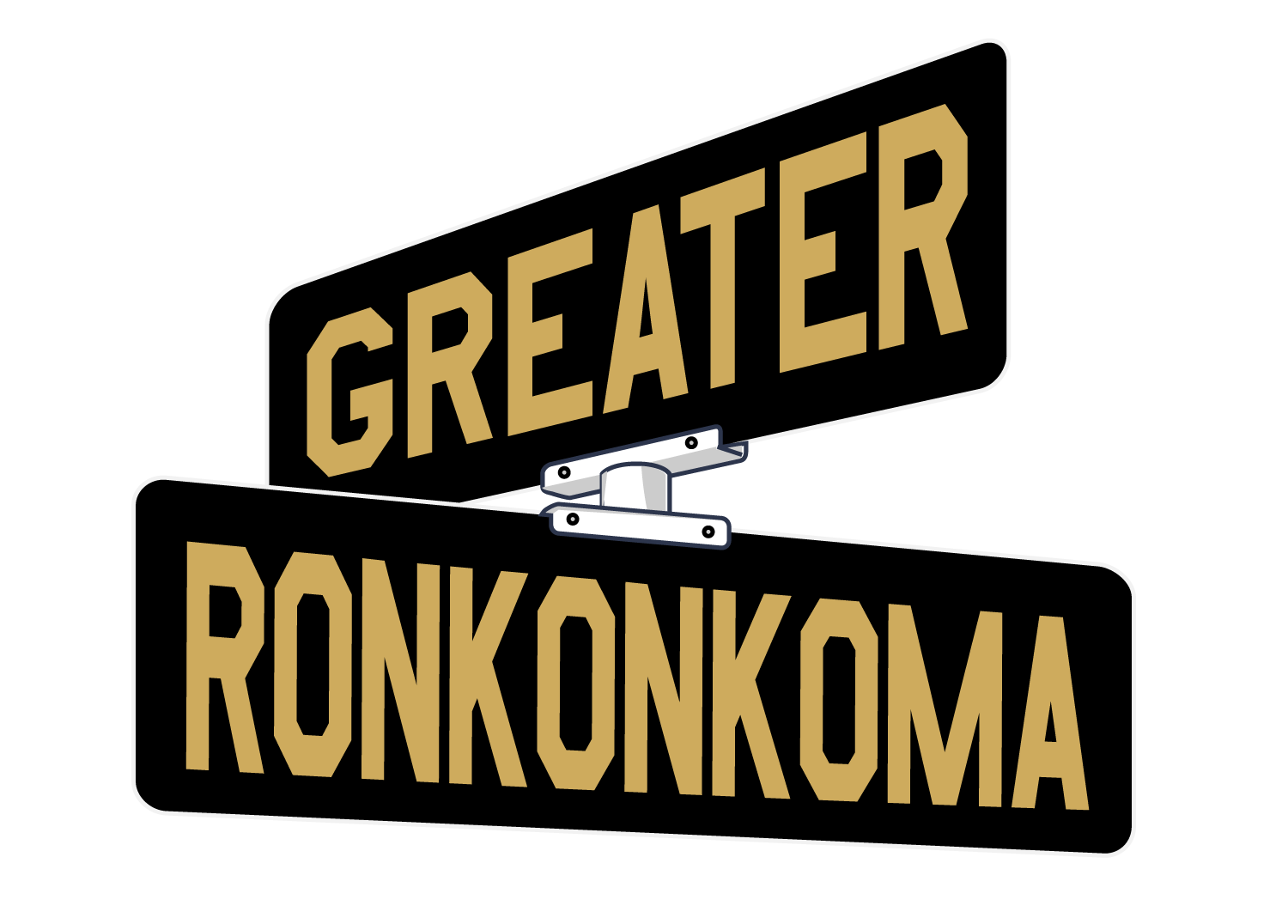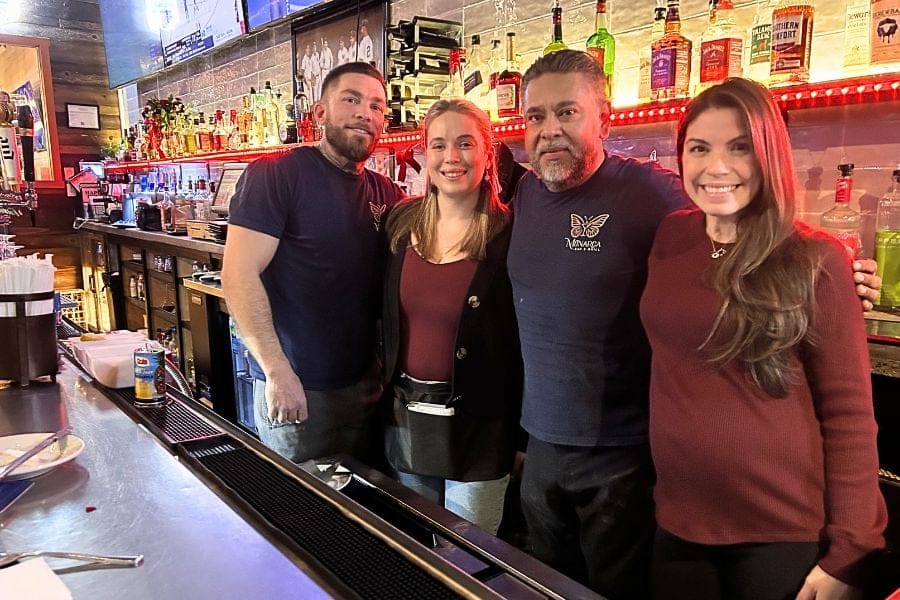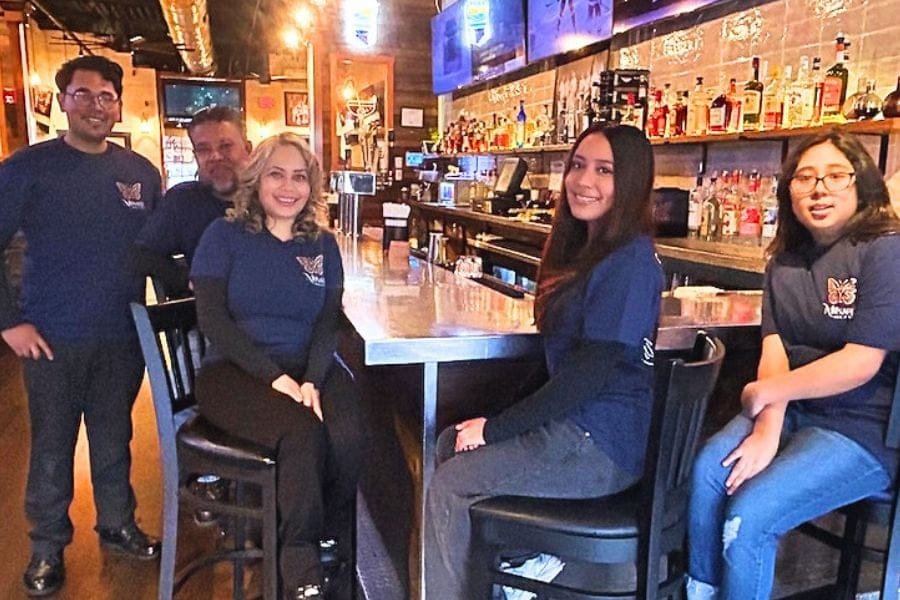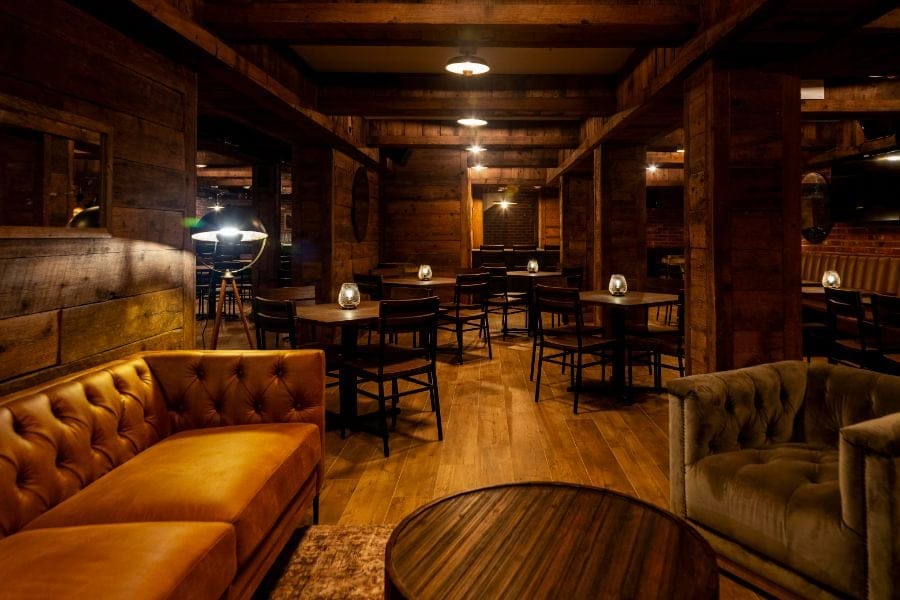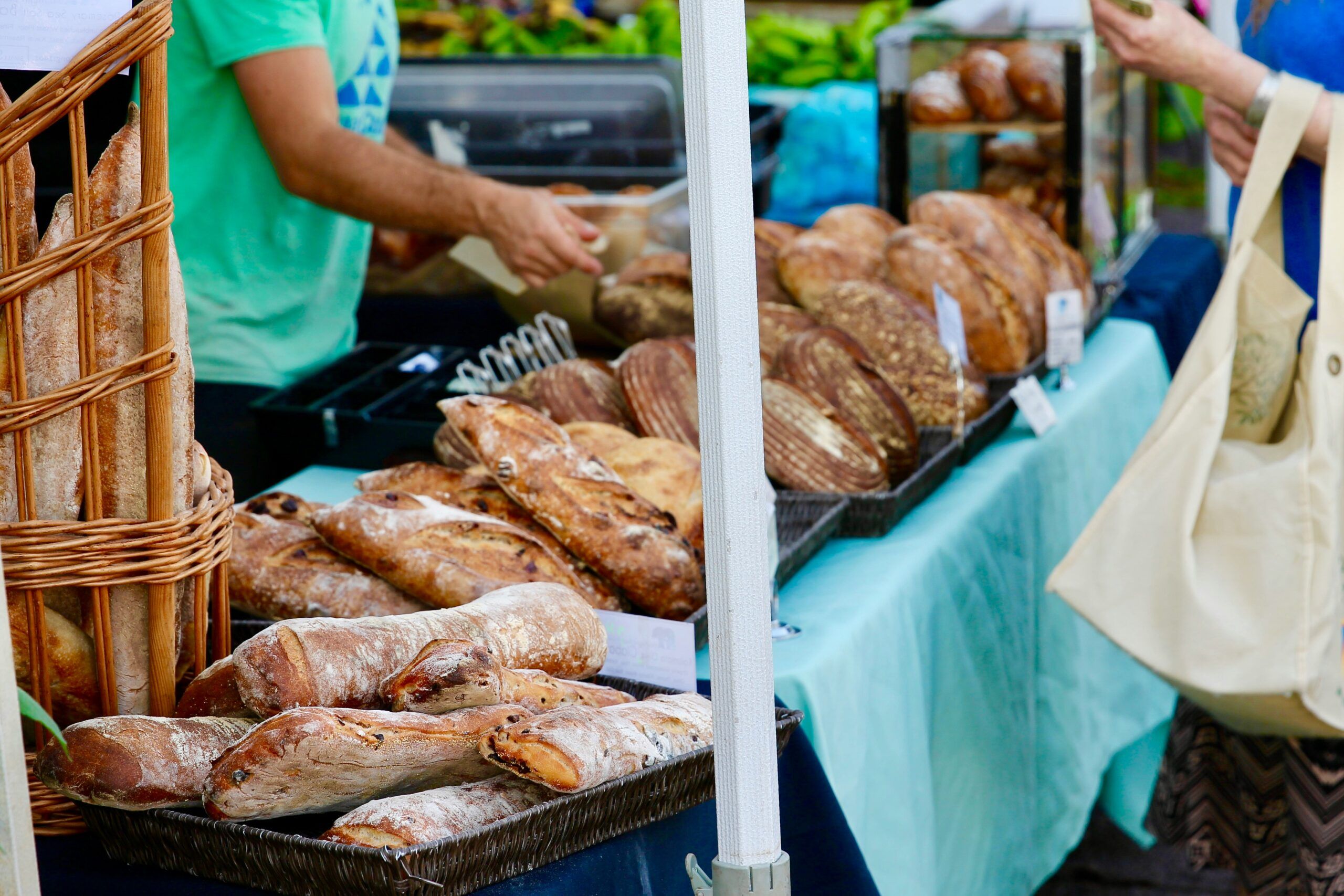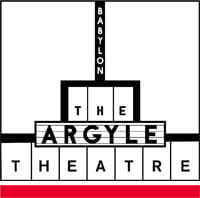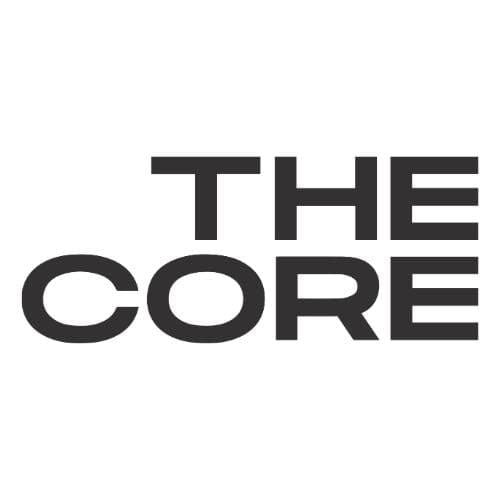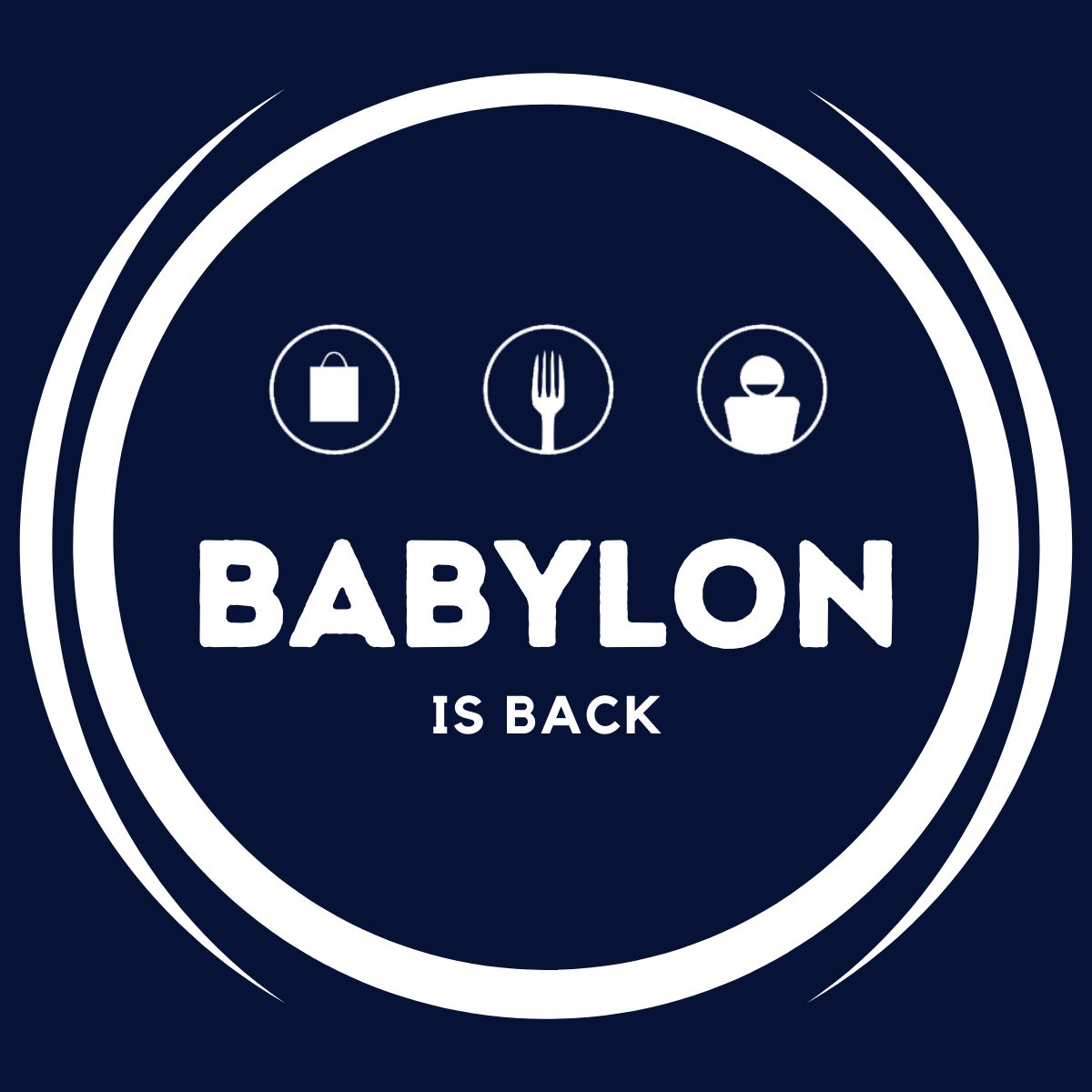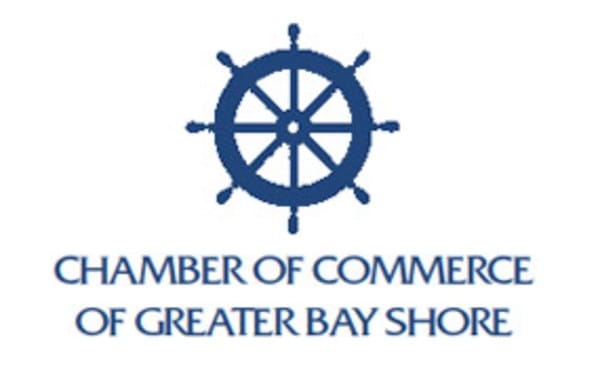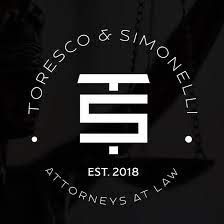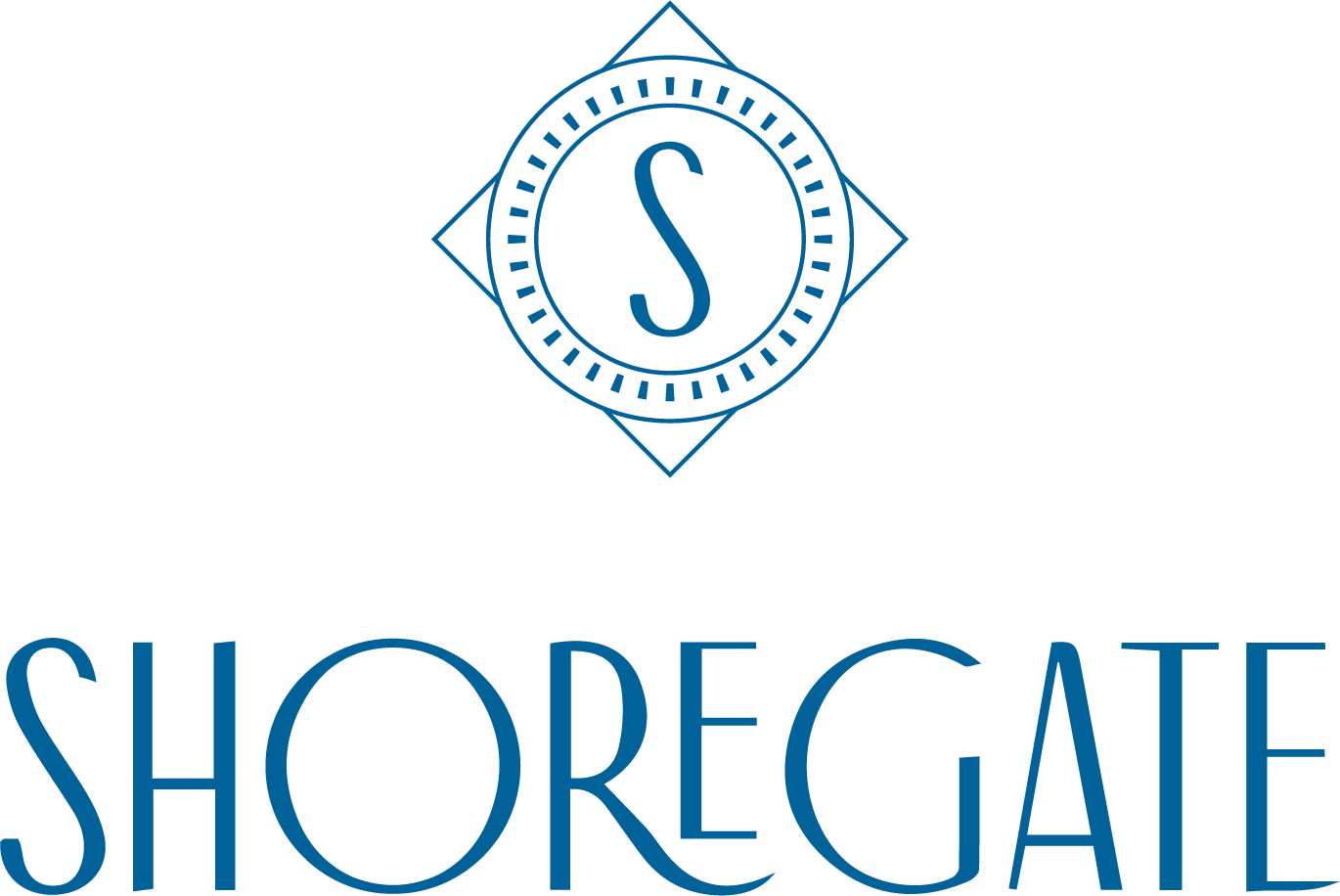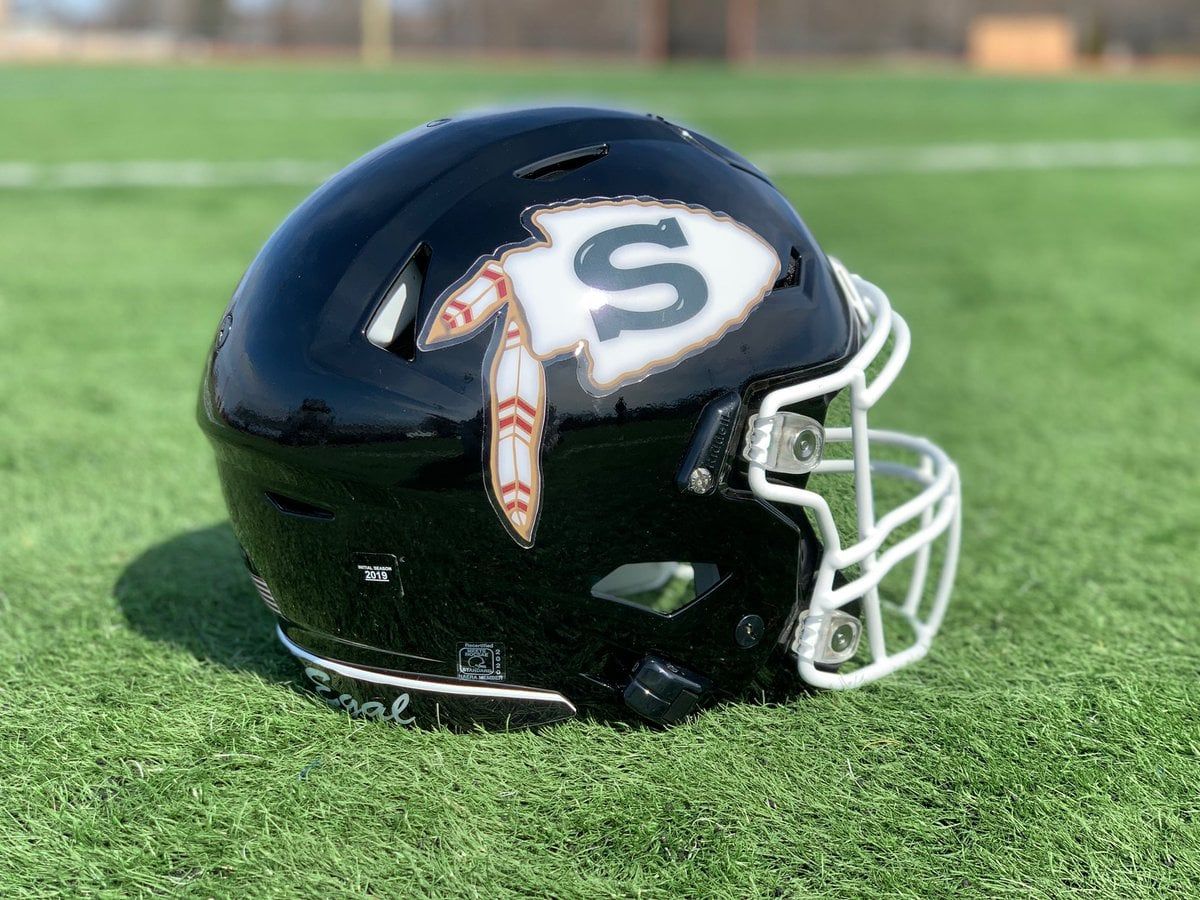
By Chris R. Vaccaro |
It’s been three weeks since the New York State Board of Regents voted unanimously to ban Native American mascots, images, and references associated with public schools. That’s three weeks of advocacy and deep thought about the meaning and implications this has for my Sachem community on Long Island and many others across the state.
Since the beginning of this process, I’ve said Sachem should be viewed as an outlier because the logo and moniker differ from some of the others in question. The Flaming Arrows and Arrowhead logo are unique and revered in the community and were established in 1960 to honor Native American heritage. Arrows and arrowheads are synonymous with history, fighting to feed tribes and, in some cases, peace, and have been an artifact dug up for centuries across Long Island. Arrows have many other uses in history, by Romans in the third century or South Africa about 64,000 years ago, among many other instances.
If the Sachem community had an opportunity to voice those concerns as a stakeholder in the process, perhaps there could be some compromise. Instead, the state handed down a ban and threatened districts with taking state aid and firing school officials. Don’t school districts have enough on their plates to worry about regarding health, safety, and curriculum? There didn’t seem to be an open meeting to discuss the ban, and there was certainly no dialogue with community stakeholders or school officials.
This is an overreach of power by an appointed voluntary board at the state level (the New York State Legislature voted on them). These decisions and discussions should only happen at a local level. This is a violation of the First Amendment rights of the school communities. Instead, the state says that our school communities violate the Dignity for All Students Act through harassment and discrimination. They’re forcing school districts to make many financial decisions that will undoubtedly take away from educational enhancement, whether state aid, the general fund, or legal fees become part of the equation.
Put in a position I could never imagine, I’ve been advocating to preserve Sachem’s history. I went on national television wearing my Sachem blazer (yes, I have one for special functions like the Sachem Athletic Hall of Fame and Sachem Hall of Honor) and told Brian Kilmede on Fox & Friends that we must embrace history and not erase history. Where does it stop? Because there are several towns with Native American names, not to mention fire departments, libraries, and other municipalities.
I’ve read and listened to the feedback since being the main vocal community member fighting to preserve this history. I’ve been open to all conversations and a range of viewpoints. Always have, always will be. These comments on social media stand out:
*”It’s not your place to honor Native Americans” – I disagree. It’s our place as a community to remember all aspects of local history and Native Americans lived on this land. We are fighting to preserve their heritage in this community as much as to keep our modern history and the Sachem and Flaming Arrows’ names alive.
*”They don’t want to be honored. No one asked them” – It’s hard to say if Walter C. Dunham, Sachem’s founding superintendent in 1955, and the original board of education, spoke with local tribes. They may have. But I can say with certainty that the Sachem name was chosen to honor Native Americans and give students and residents a chance to be proud of the history of this area. They chose Sachem since it’s the leader of a tribe, and they wanted Sachem to be a leader of education on Long Island and New York, which it became. It meant so much that they also named almost every elementary and middle school building after famous Native Americans and let the student body vote on the names that resonated most with them.
*“It’s offensive. You don’t understand” – It’s not my place to say what is offensive. It’s my place to say I’d love to have a conversation with the folks who find Sachem and our arrowhead logo offensive. I contacted the New York State Board of Regents and never heard back. I asked for a meeting with the Shinnecock Tribe, and they said they probably didn’t have time (I’m still waiting). I went on LI News Radio for an hour last week to take calls and talk it out but didn’t hear any counter-arguments. The one thing I do understand is that communication and open dialogue go a long way.
*“Get over it. You’re stuck living in high school” – The people who say that have no idea what this community means to thousands. I’m confident that most of Sachem’s 60,000 alumni feel like me. It’s part of my DNA. The opportunities that I took advantage of were the building blocks for my career in media, technology, and publishing. I want that same experience for my children and the current and future generations of Sachem students, so I work extremely hard through the Sachem Alumni Association to inspire the future by honoring the past. By the way, it’s okay if you don’t feel the same way I do, I still respect your opinion and hope you can find the time to reflect on your experience in Sachem.
*”You’ve known about this ban for 20 years; this isn’t new” – Have we? Or was there mention of it 20 years ago and no rhetoric or communication since, which seems more like it? That was a generation ago, and there were different school officials and board of education members in place. There was a generation of concerned taxpayers who aged out of caring too. This is now, this is new and pointed at this generation.
Where do we go from here? I’m hoping Sachem residents continue to sign the petition started by the alumni association. We’re approaching 4,000 signatures of people who want to preserve our community’s identity. Here’s hoping other school districts have advocates who will fight for them as well.
All public schools in the state should adopt a better curriculum that tells the whole story of Native American history. There should be a day of dialogue and understanding in all school districts where Native American leaders speak at schools and kids take field trips to local reservations.
Compromise is the goal. The state said there would be an advisory council appointed with their selections, who will rule on each district with the guidelines that they created. Again, one-sided. A compromise means all stakeholders have a fair and equal voice. I’m waiting for a seat at the table on behalf of my Sachem community. Let’s talk.
Photo Credit: Sachem North Football/Twitter
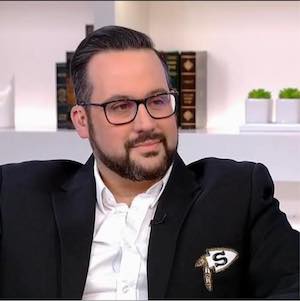
Chris R. Vaccaro is a media exec, author, and professor from Long Island. He is the President and Founder of the Sachem Alumni Association.
